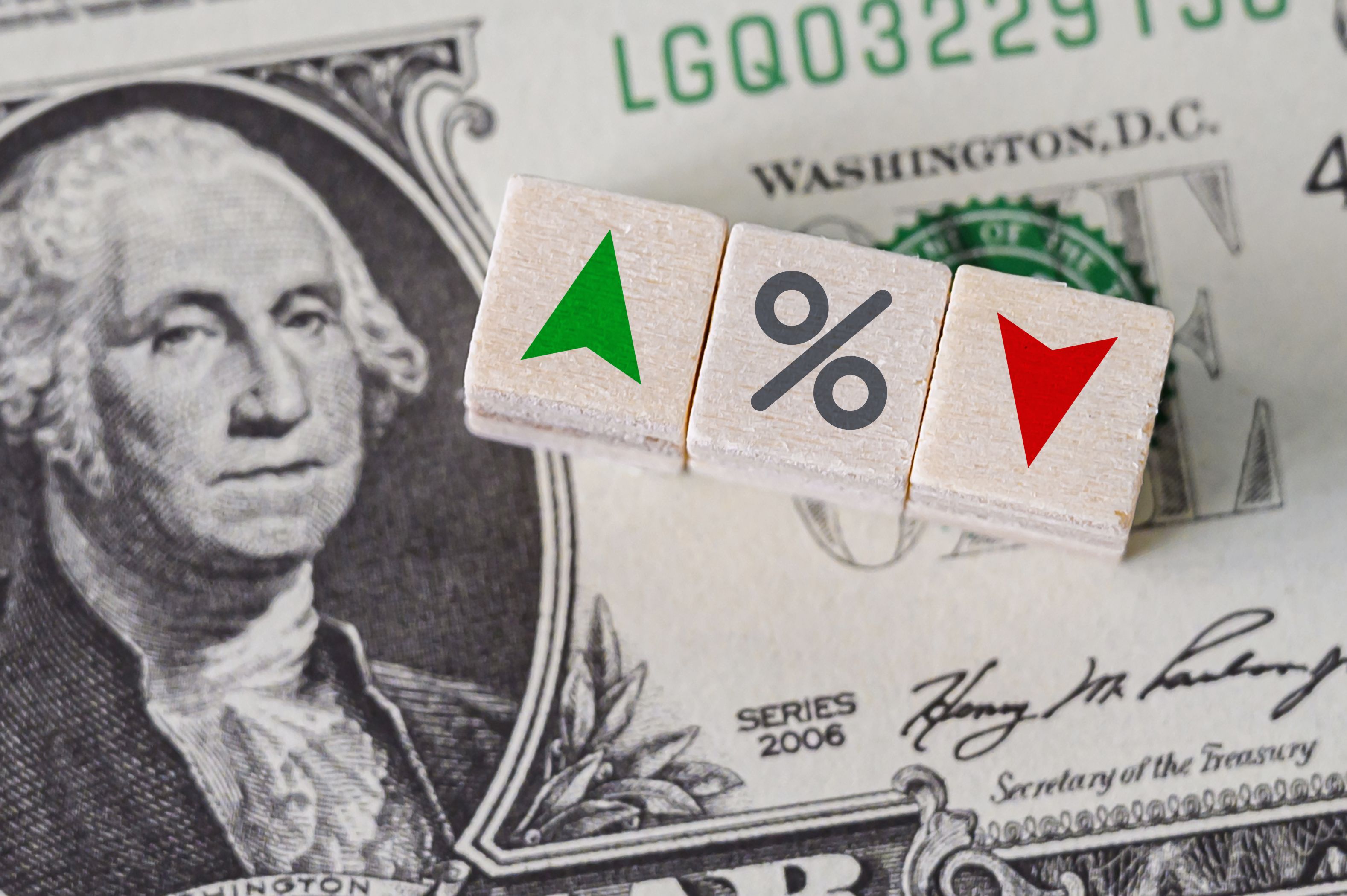 |
|
The wheels of the Chinese outbound M&A industry are expected to turn continuously for the rest of 2014, as home grown companies set their sights on foreign targets in an attempt to gain market access, acquire expertise and have an edge over their domestic competitors.
Last year's concerns of lacklustre M&A activity were perpetuated by the slowdown in the Chinese economy and a downturn in the mining sector. These factors, however, have not made a meaningful impact, as data shows that deal flow has increased.
A record US$34 billion of overseas acquisitions by Chinese companies have been announced so far this year (as of May), this is compared with US$21 billion during the same period last year, according to Dealogic.
This is a trend that is expected to continue, if not accelerate. The next wave of Chinese outbound M&A will be dominated by private companies rather than state-owned enterprises (SOEs) and will be driven by new priorities.
Change of priorities for Chinese companies
Those priorities include a shift away from natural resources and an increasing focus on gaining foreign market access and acquiring technology, according to a survey of M&A practitioners based in Greater China. The industries they are interested in are much more diversified, such as food, consumer goods, real estate, and TMT.
Recent policies and directives from Chinese governmental departments have also made it much easier for domestic companies to acquire companies from outside of China and finance their deals.
Chinese companies are not just competing with domestic players anymore. They are now competing with other international companies and global brands.
Chinese companies have realized that the only way to secure market share really is to go global. They acknowledge that if they try to achieve this via organic growth, the process will take much longer, but if they buy a brand, this not only gives them immediate access to market share associated with the brand, but can also provide access to knowhow, technology, best practices and management skills. If the company they acquire is globally recognized and respected, then their own brand is enhanced as it is connected with a major global brand.
One recent example is Chinese technology company Lenovo which announced two deals earlier this year: a US$2.3 billion deal to purchase IBM's server business and a US$2.91 billion deal to buy Google's Motorola Mobility business.
China's food companies take advantage of growing wealth
China's agribusiness companies are also increasingly looking abroad to strengthen and expand their businesses. China has spent the past decade and more than US$200 billion acquiring mines and oilfields from Australia to Argentina, but now, the country is turning its focus to food and agribusiness. Chinese and Hong Kong-listed firms spent US$12.3 billion abroad on takeovers and investments in food, drink or agribusiness last year, the most in at least a decade, according to National Australia Bank.
Food is definitely an area which is very high up on Chinese consumers' list of priorities, as they want food safety, quality and products that they can trust. Chinese companies are now recognizing that Chinese consumers are more affluent and they want to pay for quality food.
An example of this was in May when China's Bright Food Group announced it was buying a controlling stake in Tnuva, Israel's biggest food producer. It signed a deal to pay US$960 million for a 56% stake in the company from a London-based private equity firm.
Another example was Shuanghui International Holdings purchase of Smithfield Foods for US$7 billion last year. Now renamed WH Group, the pork producer is in the process of an estimated US$2 billion IPO in Hong Kong.
Pivotal moment for Chinese companies eyeing US assets
The Shuanghui acquisition was a turning point for Chinese outbound M&A. The deal involved over 45,000 employees from across the globe and the integration following the acquisition was crucial. Besides obtaining various governmental approvals, the interests of all the stakeholders, such as suppliers and staff, had to be aligned - for the acquisition to be a success.
The success of the Shuanghui deal gave Chinese companies more confidence to consider acquisitions in the US. It changed the perception that these firms are not welcomed in the US, and demonstrated that there is no bias against acquisitions by Chinese interests during US regulatory clearances even for a deal of such size and significance.
Deal size data from the first quarter of this year has shown that most Chinese companies favour Europe (46.2%) and the Americas (36.7%) over investments in Asia (17.1%), according to Merger Market. This differs from the same period last year, where most deals were completed in the Americas (55.7%), followed by Asia (38.9%) and Europe accounted for just 5.4% of M&A deals.
There is a definitely a clear uptrend in the number and value of deals by Chinese companies. Last year, there were 220 deals worth a total of US$68.9 billion, according to Merger Market, an increase of 17% compared to the year before.
The figure of global cross border M&A transactions, however, dwarfs that number. Last year globally deals totalled US$740 billion, but China's contribution is only 10% of that. Although, we believe the pace of Chinese outbound M&A is set to continue, it is too soon to say that Chinese companies will be dominant players in the global M&A market.
Vivian Lam is a partner, corporate practice, at Paul Hastings









